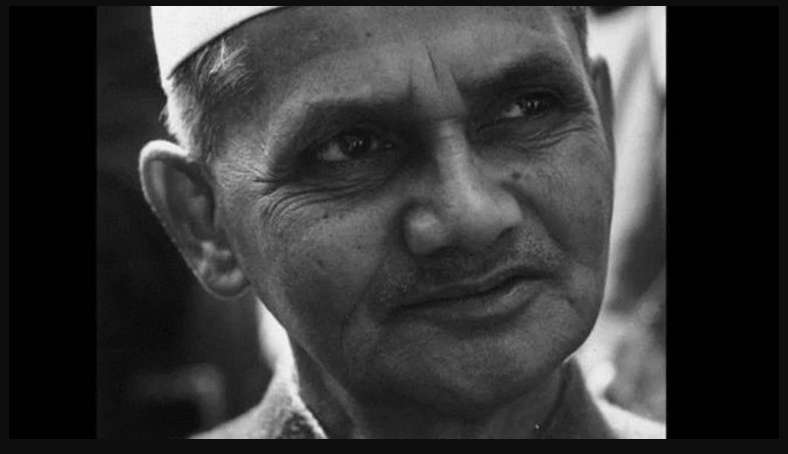Roshan bint Raheem
Siasat.com
What is the first thing that comes to your mind when someone says ‘October 2’?
Most likely you would say ‘Gandhi Jayanti’.
Wouldn’t you agree that we often forget that ‘October 2’ is also the birth anniversary of Lal Bahadur Shastri, the second Prime Minister of India?
October 2, 2019, marks Shastri’s 114th birth anniversary
The year 2019 will commend the 114th birth commemoration of a national hero.
Lal Bahadur Shrivastava was born to Sharada Prasad and Ramdulari Devi in Varanasi, Uttar Pradesh. His father worked as a clerk in the Revenue Office of Allahabad. When he was one year old his father passed away due to bubonic plague.
Shastri began his education at the age of four under the guidance of a Maulvi ‘Budhan Mian,’ at the East Central Railway Inter College in Mughalsarai. He studied there until the sixth standard.
Shastri continued his education at Harish Chandra High School.
Opposing the deeply ingrained caste system in India, at the age of 12, he dropped his surname ‘Shrivastava.’ He was among one of the first students of Kashi Vidyapith institution, Lal Bahadur graduated with a first-class degree in philosophy and ethics from the Kashi Vidyapith in 1925. He was given the title Shastri (“scholar”). The title was a bachelor’s degree awarded by the Vidyapith, but it stuck as part of his name.
Inspired by the Mahatma Gandhi’s call for Freedom struggle, he participated in India’s movement for independence for which he was jailed many times.
In total, he spent almost nine years in prison. During his stay in prison, he spent most of his time reading books and became familiar with the works of Western philosophers, revolutionaries and social reformers.
Following India’s Independence, On August 15, 1947, he became the Minister of Police and Transport. It was during his tenure that first women conductors were appointed. He was the one who ordered that police use water jets, instead of lathi-charge to disperse unruly crowds.
In 1952, Shastri was made Minister of Railways in First Cabinet of the Republic of India. He was the one who started the concept of ‘third class (which was later called Janata Class)’ reservation in the country. He was the first minister in India to resign on moral grounds following a railway accident in Tamil Nadu that killed around 150 passengers. This shows his moral uprightness.
During his tenure as prime minister, the country faced an acute food shortage. To ensure that the food could be distributed equally he urged people to skip one meal a day. The appeal got a good response with eateries shutting down on Monday evening and soon people started to call it ‘Shastri Vrat’ or fast.

